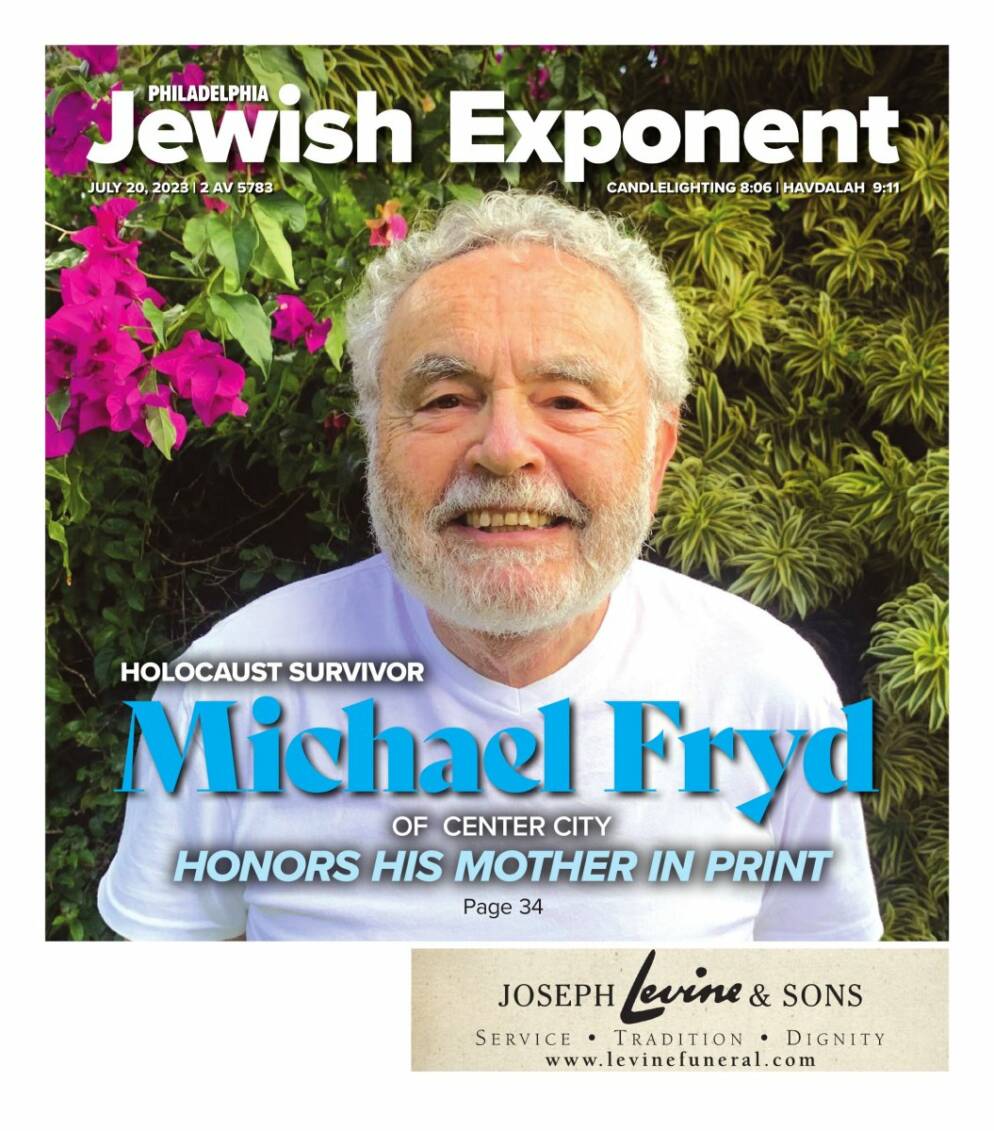Uncategorized
Cigar Shop Thriving in Current Environment of Alternative Puffing … – Jewish Exponent
Lining the walls of SJ Cigars are every type of stogie imaginable, like a Dr. Seuss story: There are long ones, short ones, fat ones, skinny ones, dark ones, light ones, flavored ones — the possibilities are endless.
SJ Cigars specializes in the uniqueness each cigar brings forward. But when owner Yaniv Levy started the joint more than 20 years ago, he had another purpose for it: coffee.
The business began in 1995, first as a coffee bar/ cigar shop, Smokin’ Java (hence the shortened “SJ”). Levy, originally from Jerusalem, was inspired by the coffee culture there and in Europe.
Get Jewish Exponent’s Newsletter by email and never miss our top stories
We do not share data with third party vendors. Free Sign Up
But it opened during the Starbucks boom, so Levy leaned more into the cigar side to stand out.
“I developed very quickly a passion for cigars,” said Levy, who lives in Bala Cynwyd. He moved to Philadelphia in ’93 and stayed after he met his future wife, Suzanne, who co-owns the business.
While other options like hookah are mainstream in Arab culture and have dominated the streets of Jerusalem in the past decade, Levy said cigars didn’t reach that level until fairly recently.
“Cigars always had the luxurious reputation,” noted Levy, who belongs to Har Zion Temple.
He described smoking a cigar with an Andrew Zimmern mentality: If it looks good, eat it. With that philosophy: If it looks good, smoke it. It’s a visual experience, he said.
As is the ambiance inside the shop. It’s homey and comfortable, with two lounge areas inside and outside.
Nestled between South and Third streets — and surrounded by dozens of new vape shops along South — lies the original building, which is now one of five Philly-area locations.
SJ Cigars also manufactures its own brand of cigars, Cuban Stock Cigar Co.
“When we opened the coffee [shop], we had our own coffee, our own things,” he recalled, to “prove we are unique in what we do. But also in the cigars I wanted to be unique, not another cigar store. Cigars sell everywhere. What makes me unique?”
By 1997, manufacturing took off on a small scale in the Dominican Republic, which later grew to include several blends. Among some classics, they also introduced a 60-ring gauge cigar to the market, known as Chubbys, and their premium flavored cigar line, Delicioso.
But what makes a good cigar?
The cigar-making process relies heavily on the age and grade of tobacco.
“The [older] it is, the better. It gets drier; there’s a lot of oils, a lot of green, so the cigar won’t burn well, and the flavor won’t be there if it’s still green,” he said of younger cigars.
SJ Cigars has thousands of varieties in its store and online.
Levy enjoys cigars, though his wife and two daughters, now freshmen at Temple University, have yet to jump on the bandwagon.
Not all of his employees smoke either — in fact, he prefers non-smokers.
“Cigars are a relaxing thing, so not everyone can smoke and work together. You either smoke in the lounge or you work,” he said.
Samuel Gompers, who became the 19th-century father of the mainstream American labor movement through his cigar-making business, took that notion seriously. An advocate for social change, he promoted what is now the eight-hour workday.
Jews were instrumental in the expansion of the cigar industry, too, according to the Jewish Virtual Library.
From Key West, “many Jews and Cubans became close business partners and friends, which led to Jewish support for Cuban independence throughout the 1890s.”
“Our industry was until maybe 20 years ago 80 percent Jewish,” Levy said, which he alluded was due to the Jewish “gene of trade.”
He tries to bring the best to his customers, sticking to the “classic method — what’s good is good, and if it was good five years ago, it’s still good.”
Twenty years later, SJ has continued to remain unique.
“Cigar smokers can be very confused,” Levy admitted. “They change a lot. That’s part of the problem of this industry, that it’s become more like a fashion. So every year, the cigar factories have to invent a new cigar.”
It’s an industry that mirrors coffee or cellphones — consumers are always looking for the trendiest updated version of a product, so factories may change it up with different shapes or sizes.
While cigars do still come with a health risk, Levy noted there’s no additive or inhalation.
“I find it as a very relaxing method,” he said. “As far as the smoking environment outside the cigar world, we don’t even carry cigarettes in our stores.”
Cigars are not meant to be abused, he added, like the addictive qualities of hookah, cigarettes or vapes popular among younger generations.
Like coffee, “you either like it or you don’t.”
“I call it my man meditation,” he said. “It’s not a cigarette that you smoke out of habit or a need. … When I smoke without company, I find it as my time; I meditate with it.”
[email protected]; 215-832-0737
Perhaps a bit more attention may have been paid to the health impact of tobacco beyond claiming (falsely) that “cigars are not meant to be abused” when (just like all nicotine-containing entities that are smoked) they are meant to be addictive.

Baltimore’s Child
Baltimore Jewish Times
Baltimore Style
Consumer’s Eye Magazine
Frederick’s Child
Home Services Magazine
MetroKids
Montgomery Magazine
Washington Family Magazine
Washington Jewish Week
PHILADELPHIA JEWISH EXPONENT IS HERE FOR YOU
Your voluntary contribution supports our efforts to deliver content that engages and helps strengthen the Jewish community in the Philadelphia area.
CONTRIBUTE
PHILADELPHIA JEWISH EXPONENT IS HERE FOR YOU
Your voluntary contribution supports our efforts to deliver content that engages and helps strengthen the Jewish community in the Philadelphia area.
CONTRIBUTE
